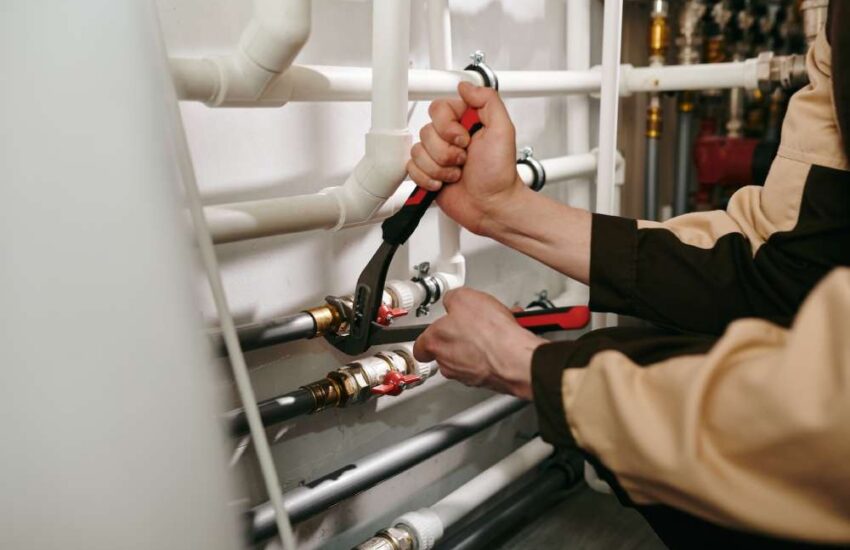Why Insulation Quality Matters: Comfort, Cost, and Climate Impact
Insulation isn’t the flashiest part of a building, but its impact is massive. Whether you’re designing a large-scale project or simply considering upgrades to your home, the quality of insulation is key to long-term comfort, cost efficiency, and environmental sustainability.
But why exactly does it matter so much? Let’s unpack the reasons—and show how insulation affects nearly every aspect of a space.
What Does Insulation Actually Do?

At its core, insulation creates a barrier that helps regulate temperature. It prevents heat from escaping during cold months and keeps cool air inside when temperatures rise. But it’s not just about controlling indoor climate—insulation also plays a significant role in managing energy consumption, reducing noise, and even improving indoor air quality.
Think about it: how comfortable are you in a space that’s too drafty in winter or stuffy in summer? Proper insulation ensures that your environment stays consistently comfortable, regardless of the season.
Energy Efficiency: Cutting Costs Where It Counts
One of the biggest reasons to focus on insulation quality is its direct impact on energy efficiency. Poor insulation forces heating and cooling systems to work overtime, and you know what that means—higher energy bills. By investing in quality materials and proper installation from the likes of Fletcher, you can create a more efficient system that reduces your energy use.
Here’s why this matters:
- Lower bills – Insulation helps keep your energy costs in check, saving you money month after month.
- Reduced carbon footprint – Less energy consumption means fewer greenhouse gas emissions.
- Improved system longevity – When your heating and cooling systems don’t have to work as hard, they last longer, reducing the need for costly replacements or repairs.
Take a moment to consider the costs of inefficiency—wouldn’t it be better to spend upfront on high-quality insulation than to waste money over time on high utility bills?
Comfort is Key
Have you ever walked into a room and immediately noticed a temperature change, even though it’s part of the same house or building? That’s often a sign of uneven insulation. High-quality insulation eliminates cold spots, drafts, and areas where heat tends to escape, creating a uniform environment throughout the space.
But comfort doesn’t stop at temperature regulation. Insulation also plays a role in soundproofing. Whether it’s reducing street noise in urban settings or preventing sound from traveling between rooms, insulation contributes to a quieter, more enjoyable living or working space. After all, who doesn’t appreciate a little peace and quiet?
Climate Impact: Small Choices, Big Results
We all know that climate change is a pressing issue, and it’s up to each of us to make choices that contribute to a more sustainable future. Insulation might not be the first thing that comes to mind when you think about reducing your environmental impact, but it’s one of the most effective ways to make a difference.
Buildings account for a significant portion of global energy use and carbon emissions, and insulation plays a direct role in reducing both. By choosing high-quality materials and ensuring proper installation, you can:
- Cut energy waste – Poorly insulated spaces lose energy, but efficient insulation ensures that less energy is needed to maintain comfortable temperatures.
- Use fewer resources – High-quality insulation lasts longer, meaning you won’t need to replace it as often.
- Support sustainable materials – Many modern insulation options are made from eco-friendly materials, further reducing your impact on the planet.
Every step toward better insulation contributes to a larger effort to combat climate change, making it a win-win for you and the environment.
What to Look for in Quality Insulation
If you’re considering upgrading or installing insulation, it’s important to know what to look for. Not all materials are created equal, and the effectiveness of insulation depends on factors like R-value (its resistance to heat flow), durability, and suitability for your specific space.
Here’s what you should consider:
- Material type – Common options include fiberglass, spray foam, cellulose, and rigid foam. Each has its pros and cons, so research what works best for your needs.
- R-value – This measures how well the insulation resists heat transfer. The higher the R-value, the better the insulation. Consider the climate in your area to choose the right level.
- Installation quality – Even the best materials won’t perform well if they’re installed poorly. Always work with experienced professionals to get the job done right.
- Eco-friendliness – Look for materials that are sustainable, recyclable, or made from natural products to minimize your environmental impact.
- Moisture resistance – In areas prone to humidity or water exposure, choose insulation that can handle moisture without losing effectiveness.
Taking the time to choose the right insulation now will save you time, money, and effort down the road.
A Long-Term Investment
It’s easy to overlook insulation when thinking about home improvement or building design, but its long-term benefits far outweigh the initial cost. With high-quality insulation, you’re not just improving the present—you’re investing in a future that’s more comfortable, affordable, and sustainable.
Think about it: what’s the cost of not acting? High utility bills, uneven temperatures, and a greater environmental impact are all avoidable with the right insulation. And while it may not be the most visible upgrade, it’s one of the most impactful.
Make the Smart Choice
Whether you’re a homeowner looking to cut costs or a project manager overseeing a large-scale build, prioritizing insulation quality is one of the smartest choices you can make. It’s about more than just staying warm or cool—it’s about creating spaces that are efficient, comfortable, and built to last. So, as you plan your next project or upgrade, ask yourself: is your insulation doing everything it should?
Taking this step today ensures a better tomorrow, and who doesn’t want that?


